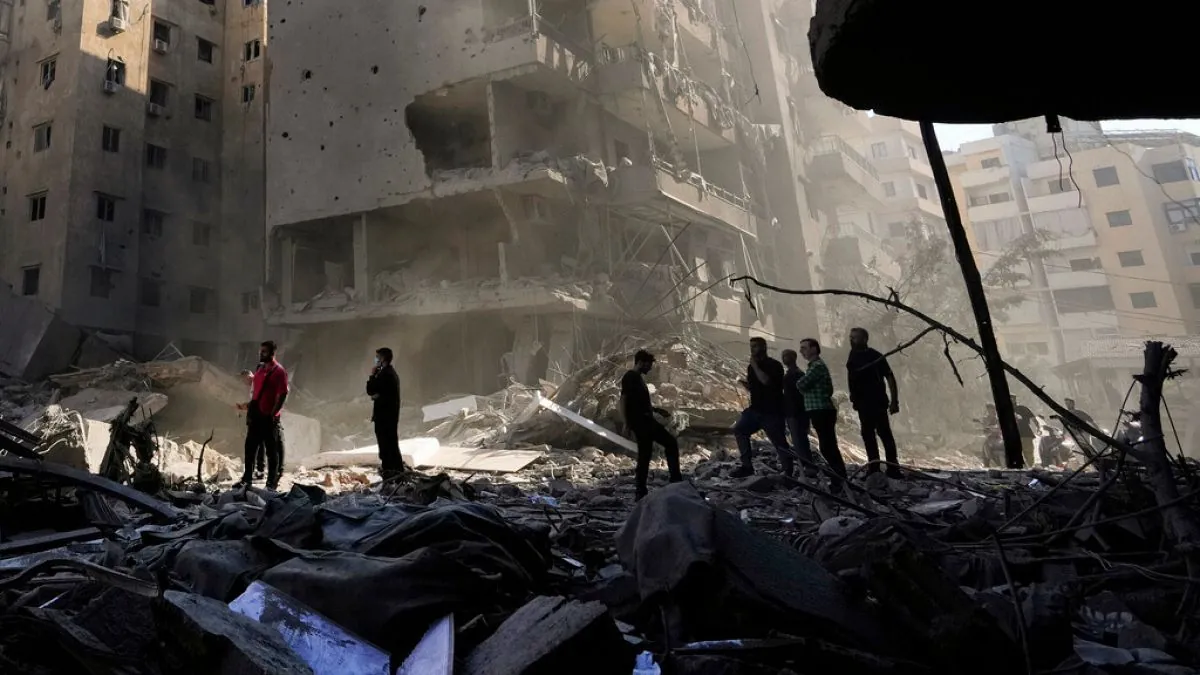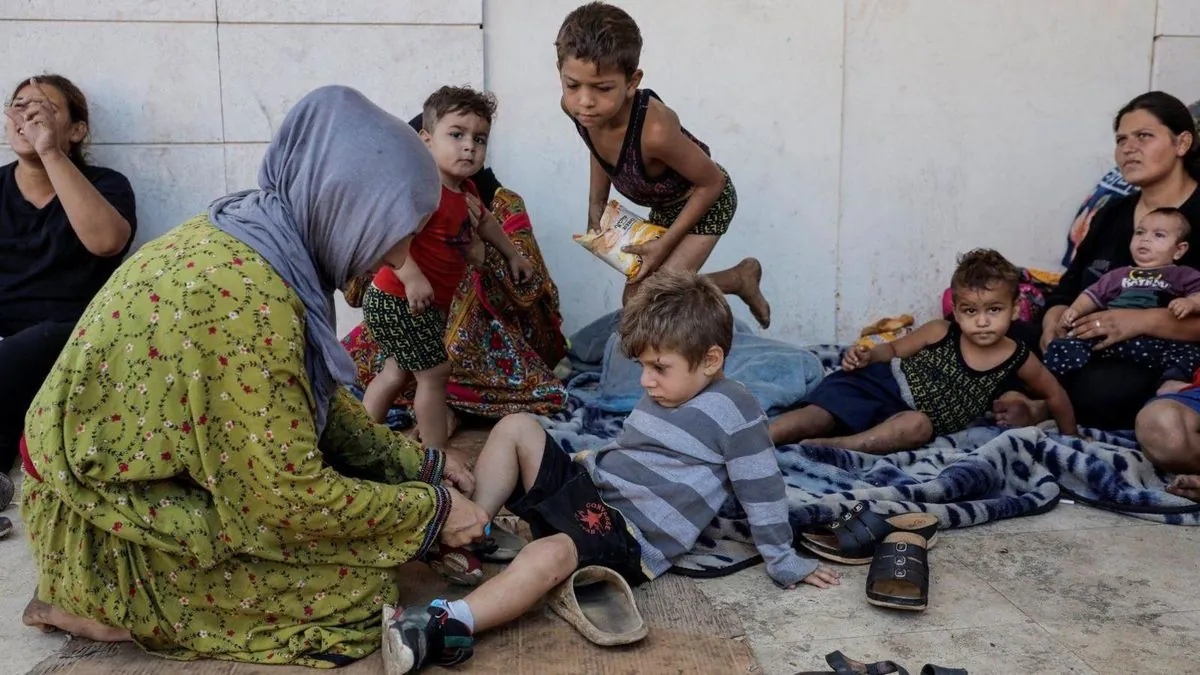Beirut Airstrike Escalates Israel-Hezbollah Conflict Amid Leadership Vacuum
An Israeli airstrike in central Beirut killed Palestinian militants, marking a significant escalation in the conflict with Hezbollah. Recent strikes have eliminated top Hezbollah leadership, including Hassan Nasrallah.

An airstrike in central Beirut on September 30, 2024, resulted in the deaths of three Palestinian militants, signaling a significant escalation in the ongoing conflict between Israel and Hezbollah. This attack, widely attributed to Israel, demonstrates a shift in the unspoken rules of engagement that have long governed the region.
The strike occurred in an area previously considered off-limits, near a busy transportation hub, highlighting Israel's expanded operational scope. This development comes in the wake of a series of Israeli strikes that have decimated Hezbollah's top leadership, including the death of its leader, Hassan Nasrallah, just ten days prior.
Hezbollah, founded in 1985 during the Lebanese Civil War, has long been a formidable force in the region. With an estimated 25,000-50,000 fighters and an arsenal of over 130,000 rockets and missiles, the group has been a key player in Lebanese politics and a significant threat to Israel. However, recent events have severely impacted its command structure and operational capabilities.
The conflict has taken a heavy toll on Lebanon, with over 1,000 casualties reported by the Health Ministry, including a significant number of women and children. The Lebanese government estimates that up to a million people may have been displaced due to the fighting.

Hezbollah's response to these strikes has been notably restrained. While the group has increased its rocket attacks to several hundred daily, most have been intercepted or fallen in open areas. This limited response could be attributed to strategic considerations or potential disarray within the organization following the loss of its leadership.
The current situation marks a stark contrast to Hezbollah's historical strength. The group, which fought Israel to a stalemate in the 2006 war, now faces unprecedented challenges. The sophisticated attack on its communication systems in mid-September 2024, which resulted in thousands of casualties, further underscores the group's vulnerability.
International calls for a ceasefire have intensified, with the United States and its allies seeking to prevent further escalation that could potentially draw in Iran and spark a wider regional conflict. However, Israeli Prime Minister Benjamin Netanyahu has shown little interest in de-escalation, as Israel continues to achieve significant military objectives against its long-standing adversary.
The elimination of Hassan Nasrallah, who had led Hezbollah since 1992, has been met with celebrations in Israel. Videos of crowds singing and dancing in bars have circulated, reflecting the significance of this development for many Israelis.
Hezbollah's extensive social services network and political influence in Lebanon, combined with its ideology of Shia Islamism and Lebanese nationalism, have long contributed to its resilience. However, the group now faces the daunting task of rebuilding its leadership and maintaining its operational capabilities in the face of intense Israeli pressure.
White House national security spokesman John Kirby acknowledged the impact of Israel's airstrikes on Hezbollah's command structure, stating, "We're watching to see what they do to try to fill this leadership vacuum. It's going to be tough."
As the conflict continues to evolve, the international community remains concerned about the potential for further escalation and the humanitarian impact on civilians in both Lebanon and Israel. The coming weeks will be crucial in determining whether this latest round of violence will lead to a broader regional conflict or if diplomatic efforts can succeed in bringing about a ceasefire.
"We will continue our operations until the attacks stop and our citizens can return to their homes."
This statement underscores Israel's determination to achieve its military objectives, despite international pressure for de-escalation. The ongoing conflict highlights the complex dynamics of the region and the challenges of achieving lasting peace in the face of deep-rooted hostilities and competing interests.


































